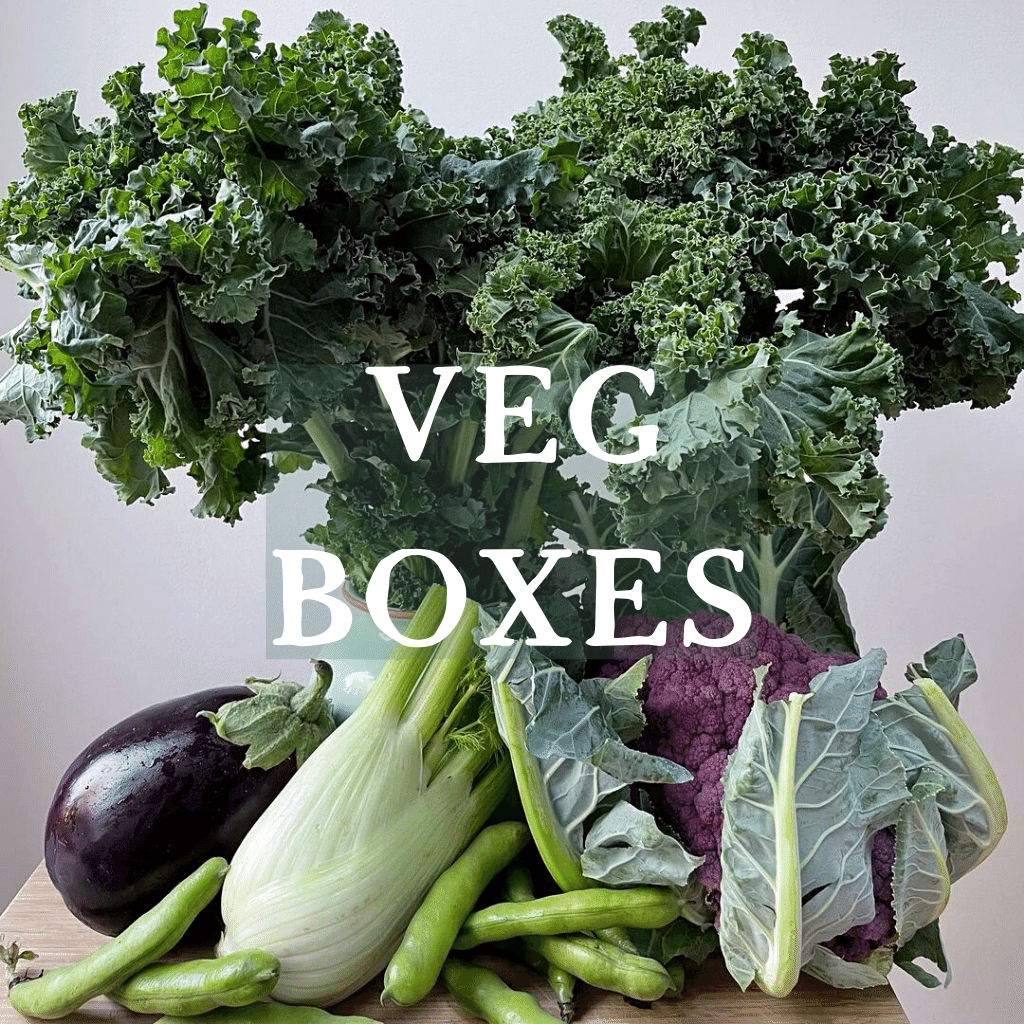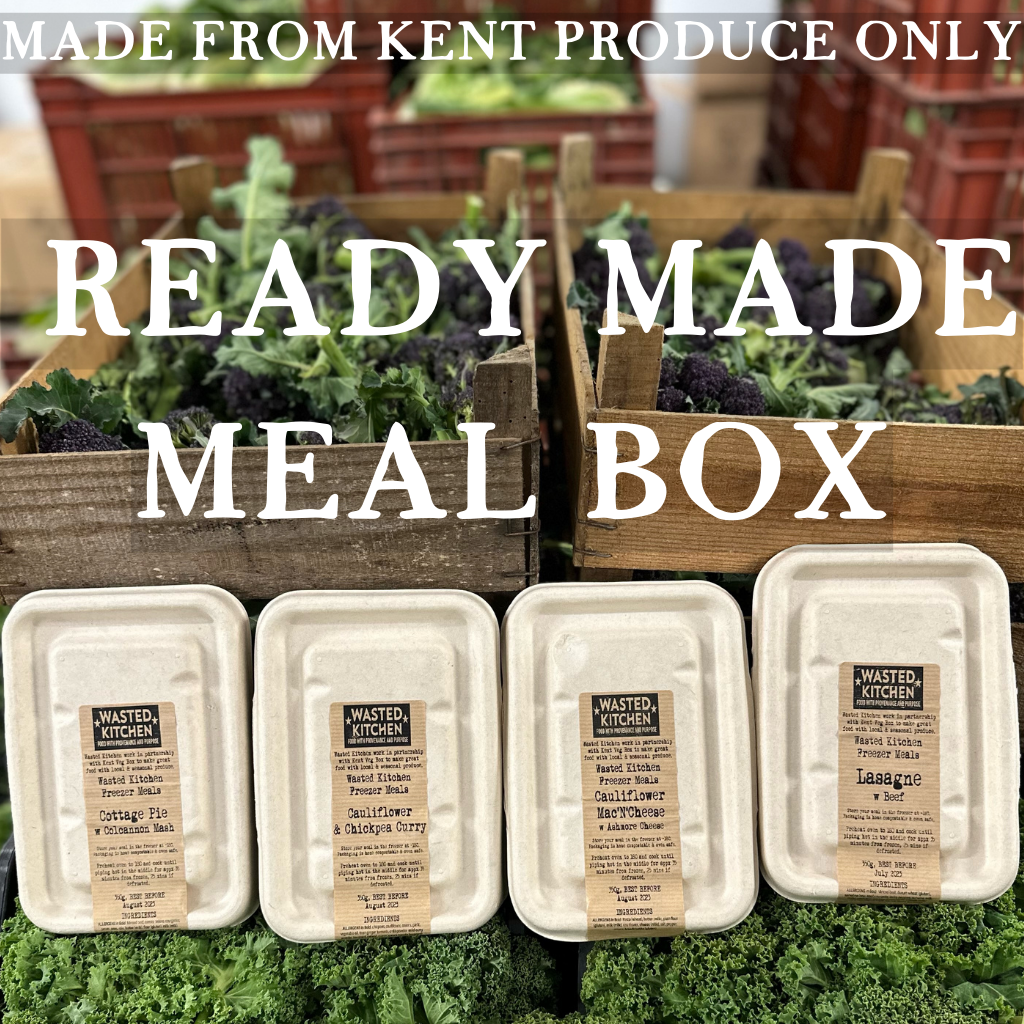
Food Miles - Why KVB Highlights Them
Have you ever considered the distance your food travels before it reaches your plate? You probably have but what exactly does that mean & what exactly are the implications of minimising Food Miles?
At Kent Veg Box we focus on minimising Food Miles, from the producer to our base, from our base to your fridge. This is not a new policy for us. We have been doing this since day 1, nearly 20 years ago.
We are not jumping on the band wagon. We are the band wagon.
So why Food Miles?
The concept of food miles refers to the distance food is transported from the time of production until it reaches the consumer. This distance has a significant impact on the environment, affecting factors such as carbon emissions, energy consumption, and sustainability.
A recent study has shown that the transportation of Veg & Fruit current accounts for over a third of all Food Mile Emissions.
I've analysed and simplified this study HERE but the numbers are very clear:
- The transport of Fruit & Veg accounts for over 36% of all food transport emissions.
- The emissions from transporting Fruit & Veg are over 2.5 times the emissions of producing it.
- Affluent countries (like us) have 12.5% of the worlds population but account for nearly 50% of the transport emissions.
If we, as individuals, want to do our bit, and be as effective as we can, then we need to target our behaviour and choices at the areas with most impact on the whole cake.
The above points show that in the UK the more local we source our Fruit & Veg, the greater the impact on emissions.
This is a lot more than previously claimed. In fact there is a very simple reason for this.
Previous models IGNORED emissions from refrigeration etc and concentrated on transport emissions only... It's no surprise that these models were touted around by the big food importers...you know who I mean...
All food is transported under climate controlled conditions. The emissions from this DOUBLE if you include refrigeration and other 'conditioning' emissions.
All numbers can be disputed of course, and these are research figures; there are no facts.
We think the following is relevant though:
- The world is getting warmer
- Pollution is growing
- 1 & 2 may or may not be connected
- It is basic common sense to reduce pollution where you can
- We all need to contribute. Many small contributions add up
At Kent Veg Box we reduce food transport emissions by sourcing food in Kent. Not 'Where we can' or 'When in season'. All year, every day.
It's is our mission to 'Reduce Food Miles'. Join us - see the banner at the top of the page.






Leave a comment
This site is protected by hCaptcha and the hCaptcha Privacy Policy and Terms of Service apply.